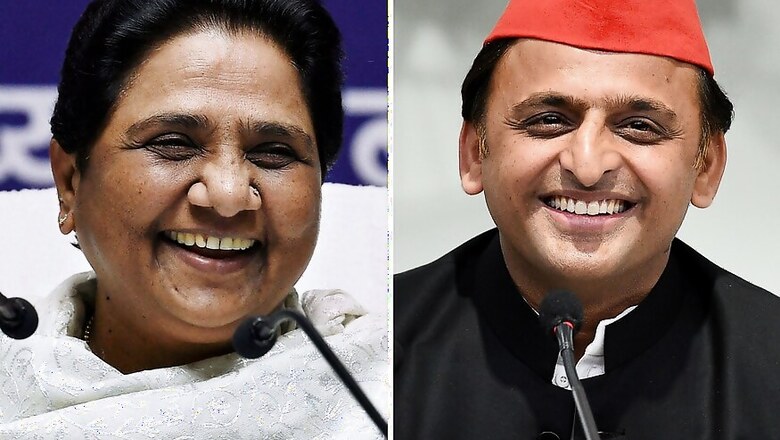
views
New Delhi: The Supreme Court held on Monday that “once a Chief Minister demits office, he is also a common citizen" and quashed a law made by the Uttar Pradesh government to entitle former CMs to retain bungalows during their lifetime.
A bench headed by Justice Ranjan Gogoi ruled that there cannot be any distinction between a common man and a former CM and thus, granting such privilege violated equality under Article 14.
"The Chief Minister, once he/she demits the office, is at par with the common citizen, though by virtue of the office held, he/she may be entitled to security and other protocols. But allotment of government bungalow, to be occupied during his/her lifetime, would not be guided by the constitutional principle of equality," noted the bench.
The court order would take away allotment of bungalows from former CMs, including Mulayam Singh Yadav, Mayawati, Akhilesh Yadav, Kalyan Singh, Rajnath Singh and ND Tiwari.
The Supreme Court verdict will also have an impact on similar legislations in other states, which were also heard by the bench before deciding on UP government's law.
The court maintained that natural resources, public lands and the public goods, which will include government bungalows and official residence are public properties that belongs to the people of the country.
"The ‘Doctrine of Equality’ which emerges from the concepts of justice, fairness must guide the state in the distribution/allocation of the same," it held.
It said that the pertinent provision of the Uttar Pradesh Ministers (Salaries, Allowances and Miscellaneous Provisions) Act has the effect of creating a separate class of citizens for conferment of benefits by way of distribution of public property on the basis of the previous public office held by them.
"Once such persons demit the public office earlier held by them there is nothing to distinguish them from the common man. The public office held by them becomes a matter of history and, therefore, cannot form the basis of a reasonable classification to categorise previous holders of public office as a special category of persons entitled to the benefit of special privileges," said the court.
It added that not only that the legislation i.e. Section 4(3) of the 1981 Act recognising former holders of public office as a special class of citizens, would appear to be arbitrary and discriminatory thereby violating the equality clause.
"It is a legislative exercise based on irrelevant and legally unacceptable considerations, unsupported by any constitutional sanctity," held the court, striking down the legal provision.
It further pointed out that the state's rules for such allotments had been quashed by the top court by a judgment in 2016 but UP government came up with this law ostensibly to overreach the previous judgment.



















Comments
0 comment